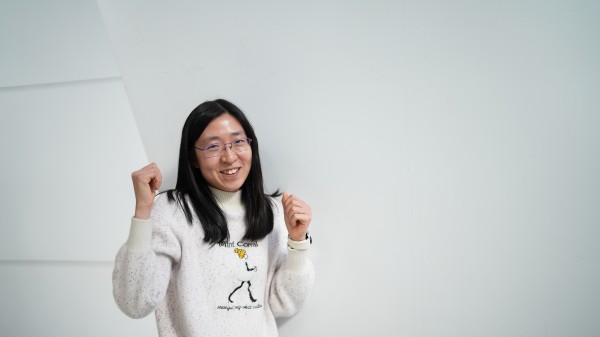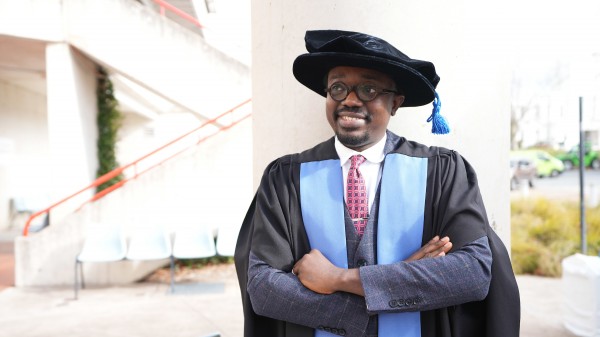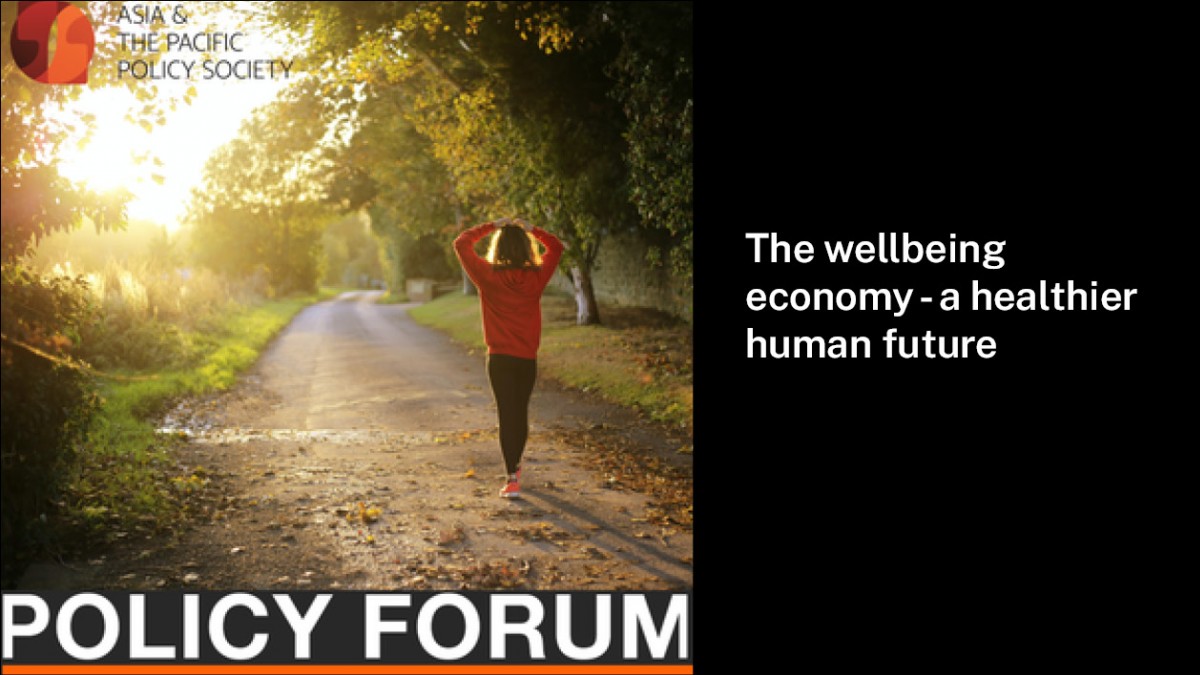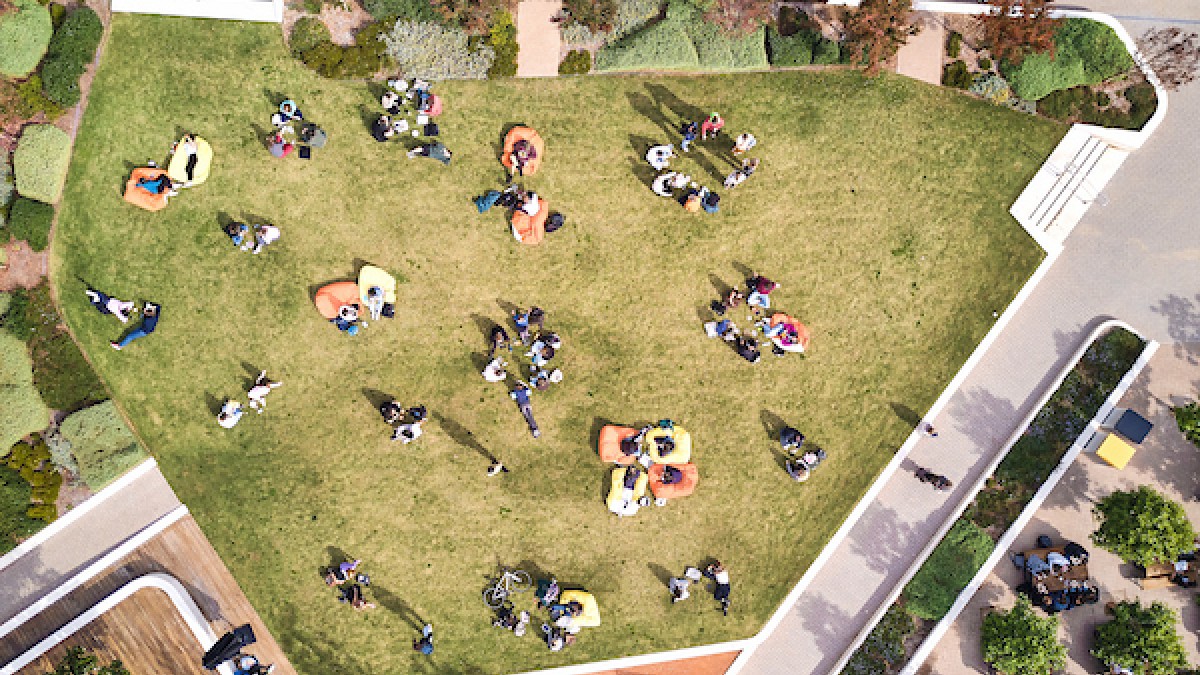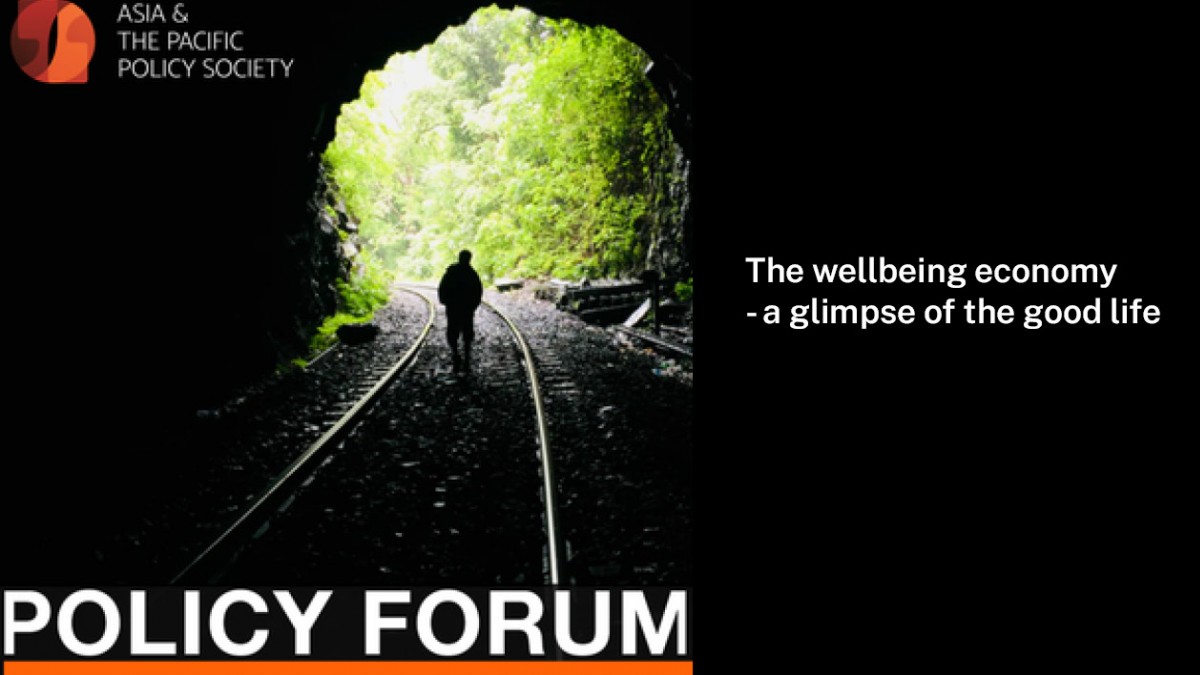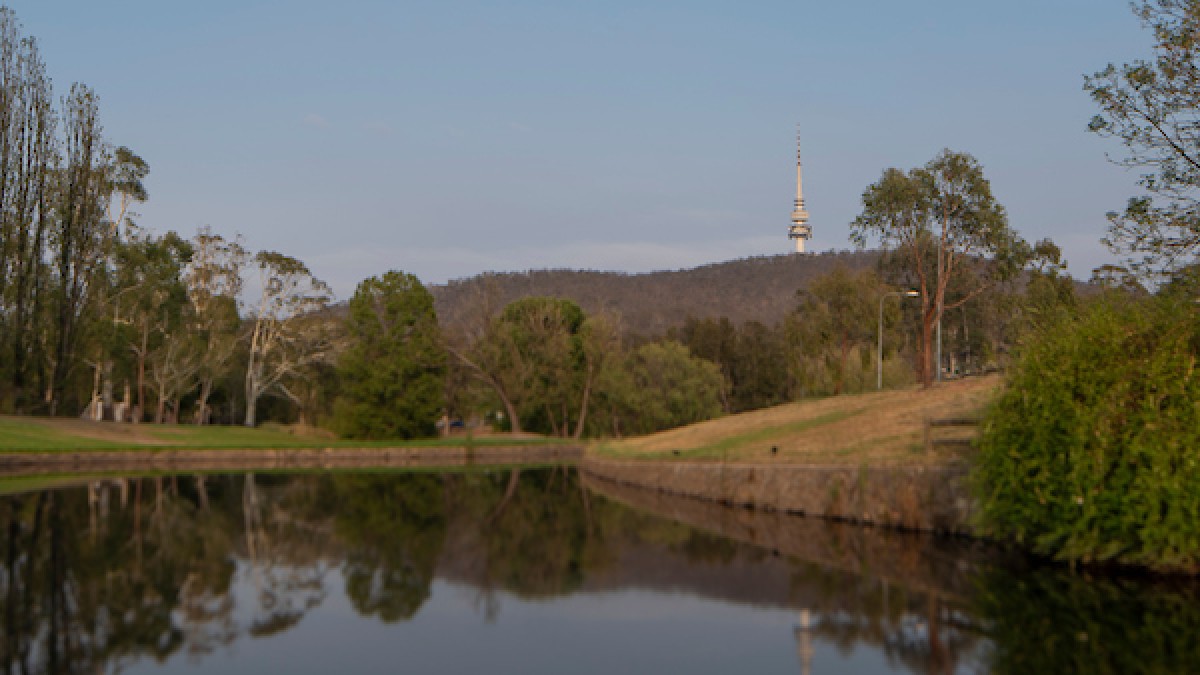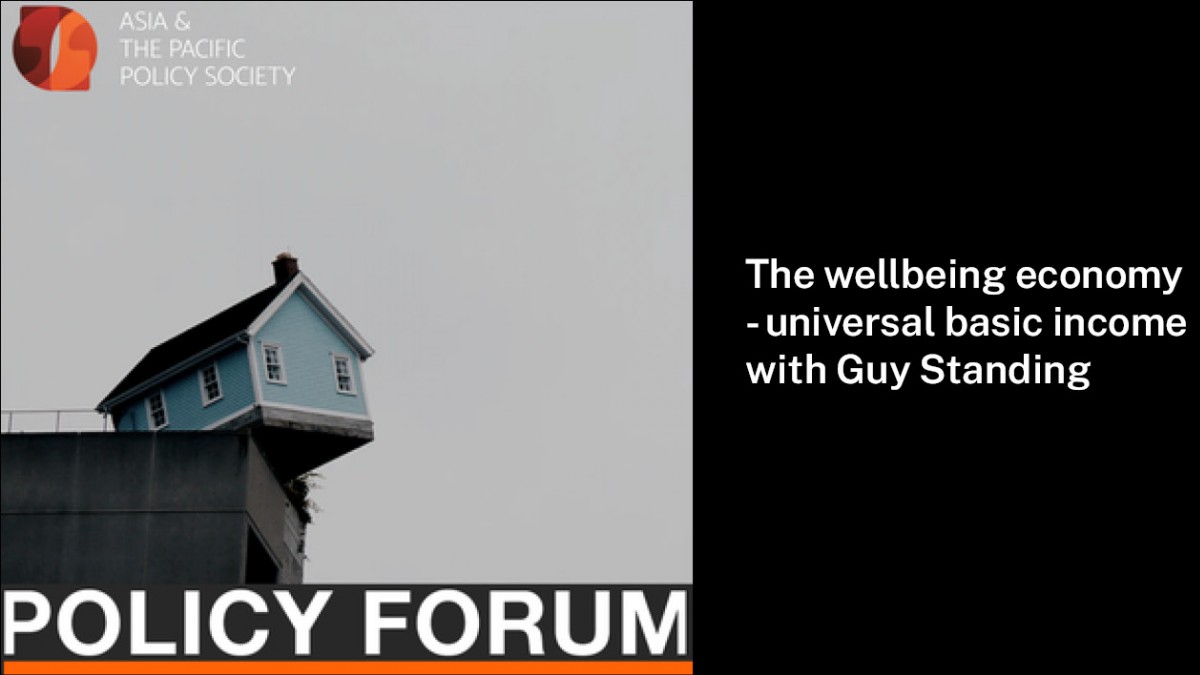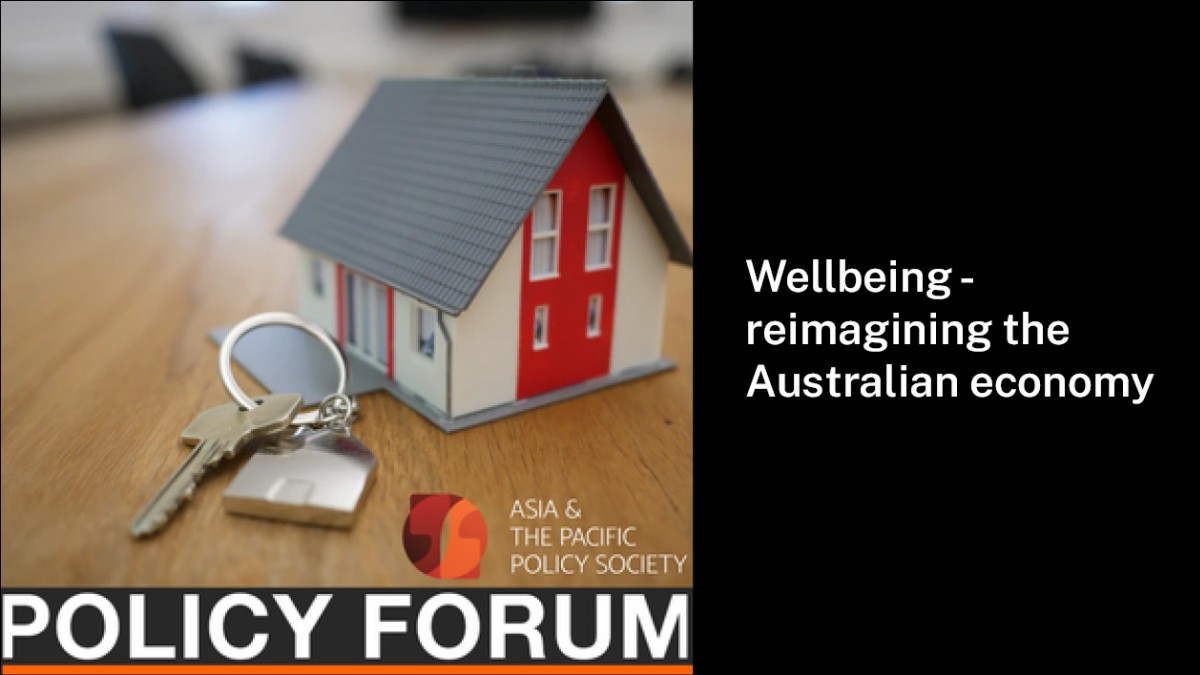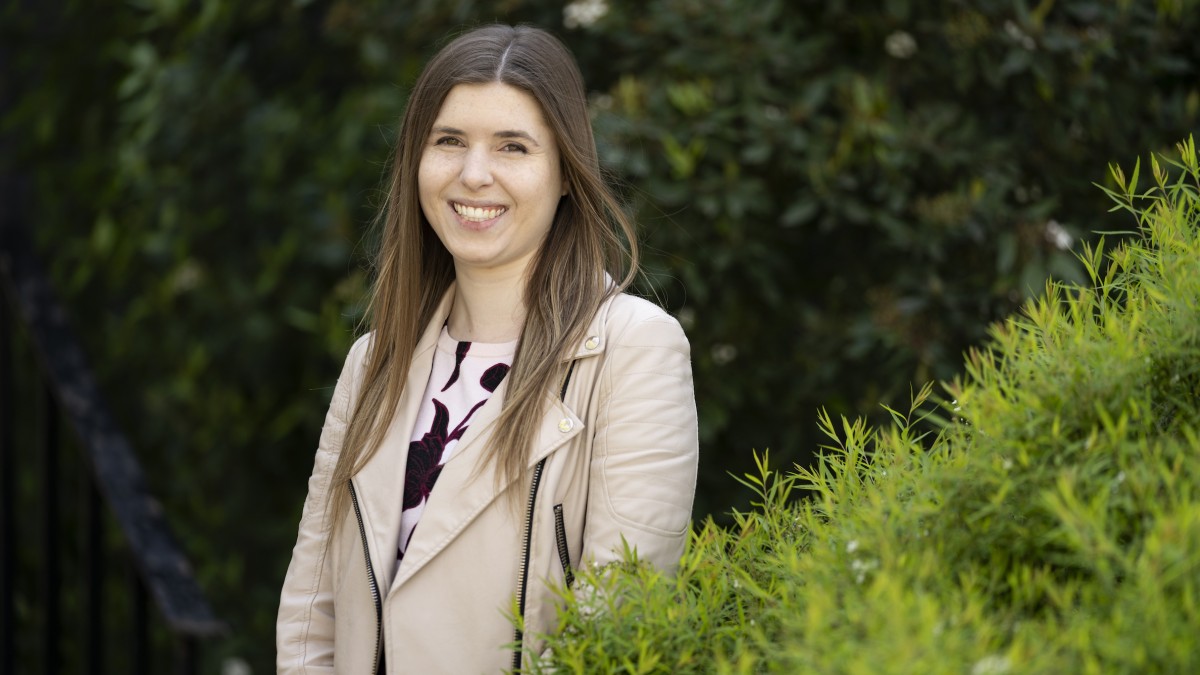Opinion
Read the latest opinion articles inspired by health and medicine research at ANU.
Search
Analysis and opinion | 9 Dec 2020
The rise of commercial milk formulas and why it matters for the world’s women and children
Breastfeeding can play an especially important role in early-life nutrition. It can benefit children’s future school performance and economic prospects in later life, as well as the mother’s health.
Analysis and opinion | 4 Dec 2020
Policy Forum Pod: The wellbeing economy - a healthier human future
The COVID-19 pandemic has demonstrated how deeply interconnected health and economics are. But can policymakers put health front-and-centre of economic conversations beyond the pandemic?
Analysis and opinion | 4 Dec 2020
‘Nine months and no progress’: what went wrong in Indonesia’s COVID-19 responses and what can be done
The number of daily cases keeps breaking records despite the government’s efforts to contain the spread of the virus, from introducing social distancing campaigns to enforcing partial lockdown policies in several cities.
Analysis and opinion | 1 Dec 2020
What can you expect if you get a call from a COVID contact tracer?
It can be confronting – but it's important to answer the contact tracer's questions as best you can.
Analysis and opinion | 27 Nov 2020
Policy Forum Pod: The wellbeing economy - a glimpse of the good life
Rather than returning to the status quo, many are calling for a change in thinking (and in policy) as societies around the world grapple with the coronavirus crisis. One such advocate for change is global development expert David Hulme, who joins Sharon Bessell and Arnagretta Hunter for a fascinating discussion on the wellbeing economy in this instalment in our special mini-series.
Analysis and opinion | 26 Nov 2020
Data from 45 countries show containing COVID vs saving the economy is a false dichotomy
The notion of a trade-off between health measures and the economy is not supported by data from 45 countries.
Analysis and opinion | 20 Nov 2020
Policy Forum Pod: The wellbeing economy - universal basic income with Guy Standing
On the third episode in our special mini-series on the wellbeing economy, Arnagretta Hunter and Sharon Bessell are joined by Guy Standing, economist and author of The Precariat: The New Dangerous Class.
Analysis and opinion | 13 Nov 2020
Policy Forum Pod: The wellbeing economy - a post-carbon world
Can we use economics to solve climate change? In this second episode of our Policy Forum Pod mini-series on the wellbeing economy, top climate experts Mark Howden and Tim Hollo join Sharon Bessell and Arnagretta Hunter.
Analysis and opinion | 6 Nov 2020
Policy Forum Pod: The wellbeing economy - reimagining the Australian economy
On this Policy Forum Pod, Sharon Bessell and Arnagretta Hunter kick off our mini-series on the wellbeing economy by getting back to first principles with economist John Quiggin.
Analysis and opinion | 22 Oct 2020
‘I think I might be struggling’: how an eating disorder took over Rosemary’s life
Young Canberra Citizen of the Year, Rosemary Clifford, shares with us her mental health journey.





